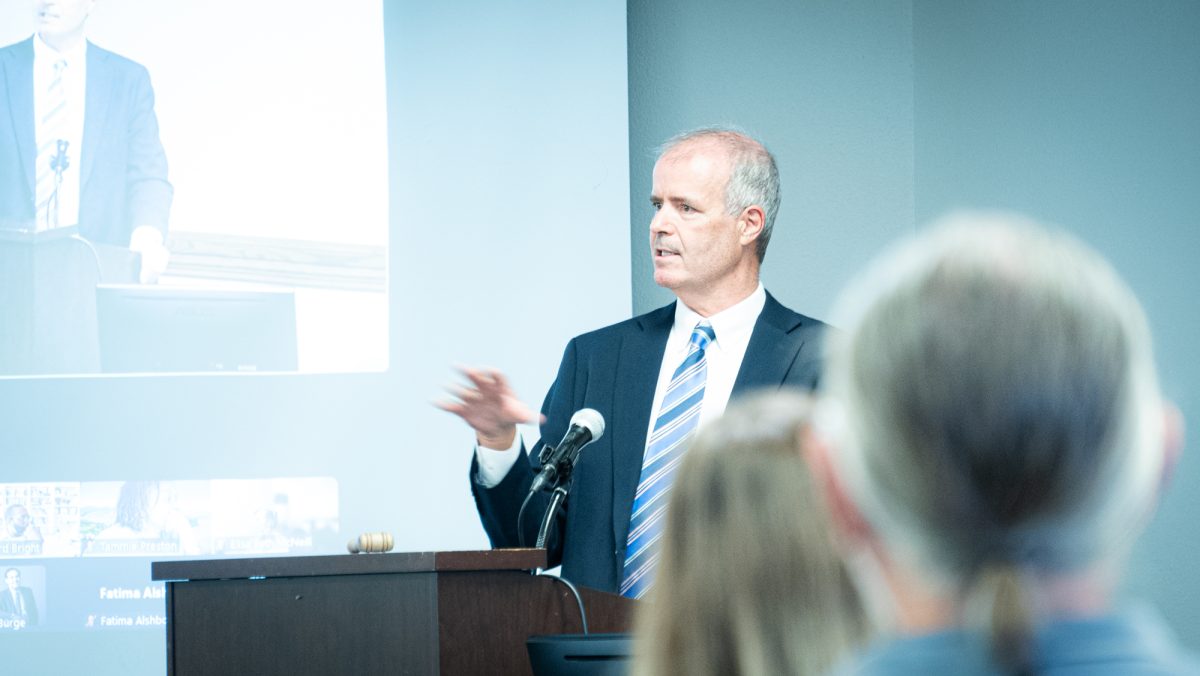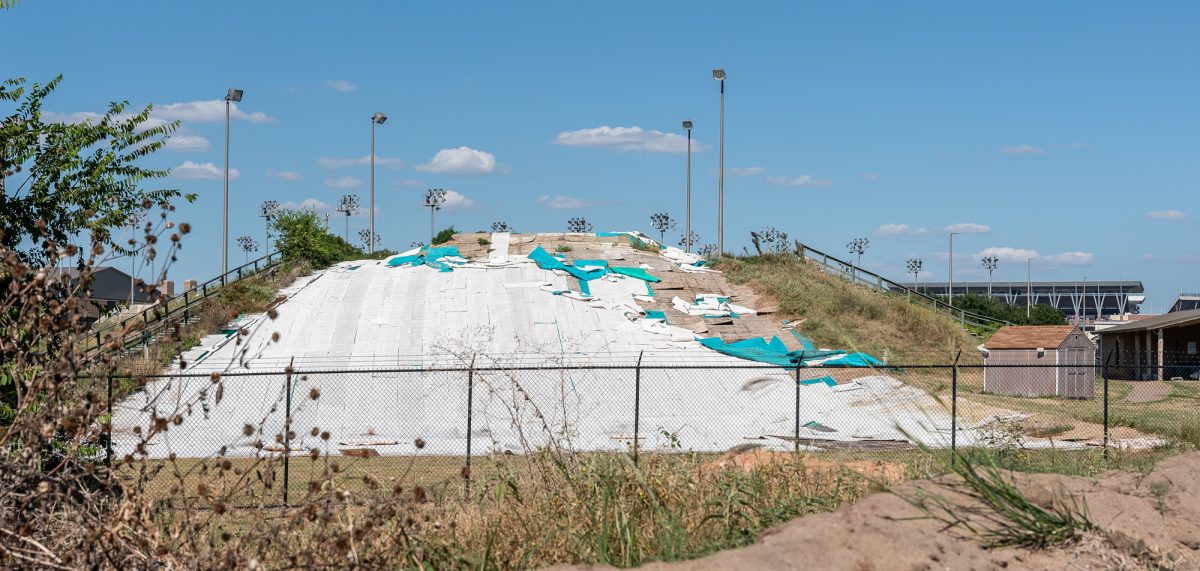Knowing immigration history helps in understanding the United States, said senior education major Melissa Di Paolo.
“We learned everybody’s family has a story – to learn about different backgrounds and where everybody came from,” Di Paolo said. “It helps to know this so that everybody can get along better and understand.”
Di Paolo is enrolled in professor Armando Alonzo’s class – Mexican American Frontier. The class sponsors a symposium as part of its course requirements. The symposium, “Evolution of the U.S. Southern Border: Immigration and Settlement, 1848-Present” will be held Monday, April 17th and Tuesday, April 18th in Evans Memorial Library Room 204E at 7:00.
“I expect there to be a lot of talk about how immigration affects the U.S. and the border between Texas and Mexico,” Di Paolo said. “It impacts us a lot, so hopefully that gets discussed a lot.”
Professor Oscar Martinez from the University of Arizona at Tucson is the keynote speaker Monday.
“He’s one of the foremost historians of the U.S.-Mexican border,” Alonzo said. “Professor Martinez will be looking at immigration policy within the U.S. from a historical perspective as well as the current immigration controversy.”
Tuesday, there will be three panels discussing immigration and settlement including two case studies, Alonzo said. The case studies will cover immigration and settlement in Houston, Mexico’s perspective on immigration to Texas from Mexico, and Mexican women at work along the U.S.-Mexican border.
Alonzo said the immigration bill in Congress would be beneficial for immigrants, but has yet to be voted on by the U.S. Senate.
“As it stands right now, the Senate was about to vote on a compromise from Senator Kennedy, D-Mass., and Senator McCain, R-Ariz., however, the bill was halted,” Alonzo said. “The compromise bill calls for more money for border control and sets it up so immigrants already in the US can eventually obtain citizenship … President Bush says he’s in favor of a ‘Comprehensive Immigration Bill,’ but he hasn’t been encouraging the senators to vote for this compromise bill, so he’s still sitting on the fence.”
Immigration is central to understanding U.S. history, according to the proposal for the symposium.
“Mexican immigration to the U.S. is not a new development, but it has gained in significance due to its volume and persistence in the late 20th century,” the proposal said. “By the 1980s, five million Mexicans and several hundred thousand Central Americans were present in the U.S., many of them without proper immigration documents.”
Forum: Immigration history helps in understanding U.S.
April 17, 2006
0
Donate to The Battalion
Your donation will support the student journalists of Texas A&M University - College Station. Your contribution will allow us to purchase equipment and cover our annual website hosting costs.








